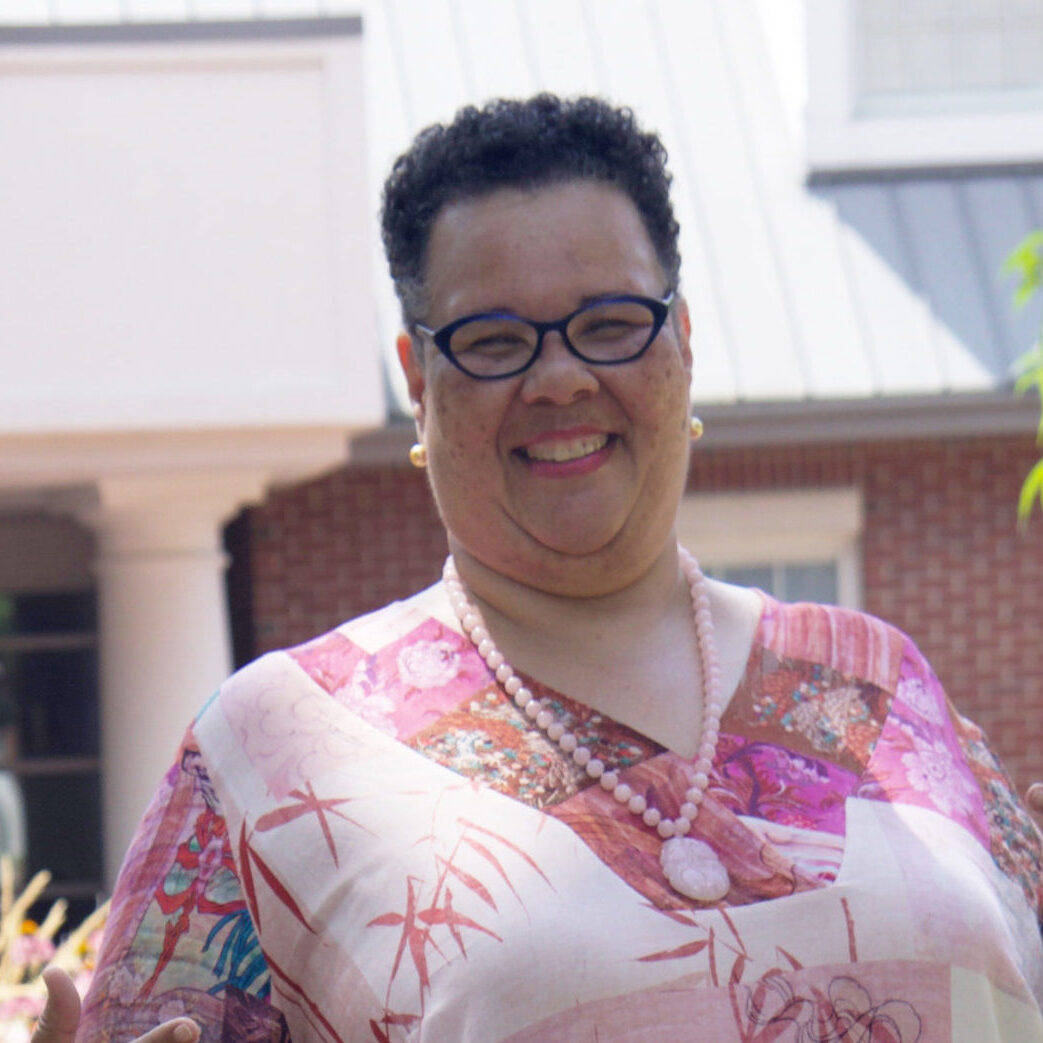Thoughts About Teaching Toward (first of two thoughts)
Nancy Lynne Westfield, Ph.D., The Wabash Center for Teaching and Learning in Theology and Religion

#1
It is not enough to teach against injustice in its myriad forms of racism, sexism, islamophobia, homophobia, patriarchy, classism, ableism, antisemitism, white supremacy, etc. It is not enough to rail against what is wrong and what must be changed, restructured or done away with.
We, those entrusted with the responsibility of educating, must teach toward, teach visioning, teach futuring, must teach what we are in favor of, teach what we are for, i.e., the complex notions of community, solidarity, partnerships, coalitions, and collaborations.
#2
We cannot settle for, nor be placated by, that which comes with individualized successful escapes, successful assimilation, successful fleeings into the dark nights, successful trickeries, and moments when one or two outsmart, outwit, out fox, or beat back the oppressors. While that is good, that is not enough. These kinds of successes are illusions and meant to deceive. They come at a high, high price.
#3
In taking up the struggle, fighting, resisting, we must be about more than ….
swimming against the tide,
standing against the wind,
raising a fist against evil or bullies or the common enemy or fiend.
Resisting. Clinching our fists, fighting, while necessary, keeps us from handling tools and opening our hearts. All of these acts-against are, indeed, noble – but not enough. Our liberation must include acts of vulnerability, creativity, imagination, risky business and designing for new kinds of hopes for communal living.
#4
We, the collective us – those who are mindful, aware, woke, conscious, faithful, and living as if all lives depend upon all other lives, and all Black lives matter, and that the human family or our earth-house really truly means everyone, all lives matter, and not just a select few who possess all the power, and land and clout, and the vote, not to mention all plants, all animals – the seen and unseen which make-up the tapestry that is our planetary home, all must understand that passive waiting or simply resisting is not enough. It is foolish to think that we can save just a small percentage of the people and the land, and the animals if the rest goes asunder. We are all interconnected. All life affects all other life.
The collective us must teach to understand that all of humanity are intertwined and interrelated, and our survival is threatened by the overwhelming greed and selfishness of a few; so, we must decide to teach what we are in favor of and not just what we are against.
#5
Friends,
Toward what will we teach?
What will we be for? What will we be in favor of, say “aye” to?
What vision will we cast for our community as a common good?
What will we build together?
What will we sacrifice, together, for all our children?
Who will ally, join, partner, pioneer, and experiment?
With whom will we be in solidarity?
We know that what we imagine will happen; that’s the nature of imagining.
#6
And if we can, and if we do, make this shift – move from being against to working for that which we are in favor of, then: How will we teach our students to think strategically for what we are for? To mobilize for the new marvelous? To know practices of creativity, healing, dream casting, imagination, wonder, planning, no longer to combat against, but to use their energies for what we have agreed will be our hopeful future? How will we teach our students to call up from the deep?
What will it mean to teach our students to depend upon their own abundances, knowledges, courages, and hard work? Can they learn to cooperate rather than compete?
#7
Teacher, what do you champion?
I am hoping it is love, compassion, empathy – for all of life – Lottie, Dottie and Everybody! And that you come to believe that life for some does not mean living at the expense and fodder of others who have been, for generations, weakened, impoverished, downtroddened, and victimized for the survival and thriving of a few others, selected as special, chosen, or entitled by birthright or muscle or raw greed.
About Nancy Lynne Westfield, Ph.D.
Nancy Lynne Westfield, Ph.D. is a womanist. She grew up in Philadelphia, Pennsylvania. Her father, Lloyd Raymond Westfield, born in Cleveland, Tennessee, was a school psychologist and reading specialist for the Philadelphia Public School District. Her mother, Nancy Bullock Westfield, also born in Cleveland, Tennessee, was a volunteer activist who fought for equal education for minoritized children. Father and Mother were also gifted musicians, known throughout the city of Philadelphia in the 50s, 60s and 70s. Dr. Westfield earned her Bachelor of Science degree in Agriculture from Murray State University, Masters of Arts in Christian Education from Scarritt Graduate School, second Masters in Theological Studies from Drew University Theological School, and Doctorate in Philosophy from Union Institute. Currently, she is Director of the Wabash Center for Teaching and Learning in Religion and Theology. Before becoming the Director in 2020, she was Professor of Religious Education at Drew University Theological School since 1999. She is also an ordained Deacon in the United Methodist Church. Nancy’s first book was a children’s book entitled All Quite Beautiful: Living in a Multicultural Society. Her second book was a publishing of her doctoral dissertation entitled Dear Sisters: A Womanist Practice of Hospitality. Her books written in collaboration include: Being Black/Teaching Black: Politics and Pedagogy in Religious Studies and Black Church Studies: An Introduction. Known for her insightful, creative and experiential teaching methods, she is a sought-after teacher, facilitator of workshops and retreats, keynote speaker at conferences, and consultant for seminaries, non-profits and local churches.